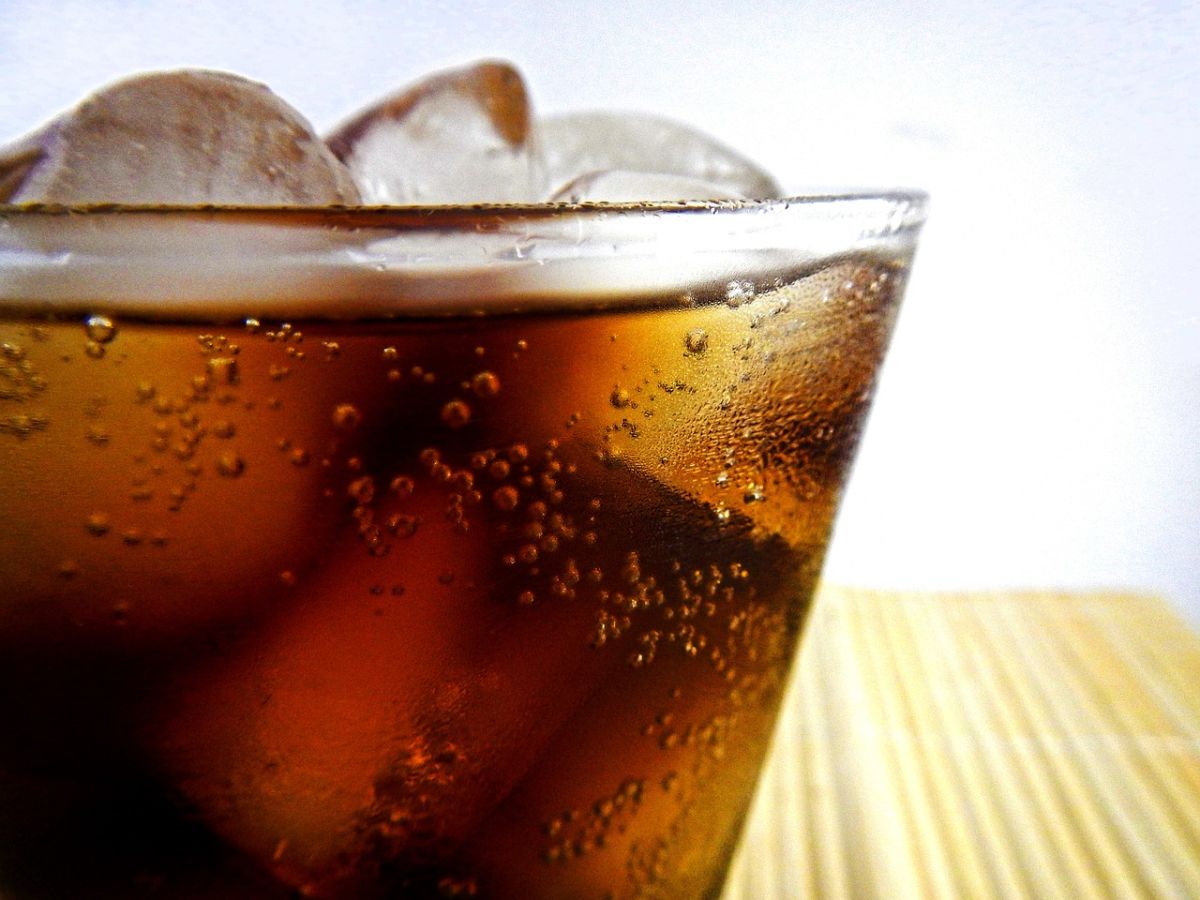The World Health Organization (WHO) is expected to declare aspartame, a popular sweetener used in many extremely popular products, as a possible cause of cancer.
Aspartame is a non-caloric sweetener discovered in 1965 by the pharmaceutical multinational GD Searle and Company and is authorized for use as a food additive to sweeten a series of food products, such as soft drinks (generally light), desserts, sweets, among others. .
The International Agency for Research on Cancer (IARC), the cancer research arm of the WHO, next month will list the hugely popular sweetener as “possibly carcinogenic to humans,” the agency reports. Reuters news citing “two sources with knowledge of the process.”
The move is expected to pit the world’s leading health body against the food industry and regulators, and has already drawn criticism from the industry, according to the agency.
The IARC ruling, finalized earlier this month after a meeting of outside experts from the group, aims to assess whether or not something is a potential hazard, based on all published evidence.
It does not take into account the amount of a product that a person can safely consume. Advice on this comes from a WHO expert committee on food additives, known as JECFA, along with determinations from national regulators.
However, similar IARC rulings in the past for different substances have raised consumer concerns about their use, led to lawsuits, and pressured manufacturers to recreate recipes and switch to alternatives.
“IARC is not a food safety body and its review of aspartame is not scientifically exhaustive and is largely based on widely discredited research,” said Frances Hunt-Wood, secretary general of the International Sweeteners Association (ISA).
The body, whose members include Mars Wrigley, a unit of Coca-Cola and Cargill, said it had “serious concerns with the IARC review, which may mislead consumers.”
Keep reading:
· The truth about healthy foods that we should not eat
· The truth behind ultra-processed foods: impact on health
Chemical in common sweetener damages DNA
